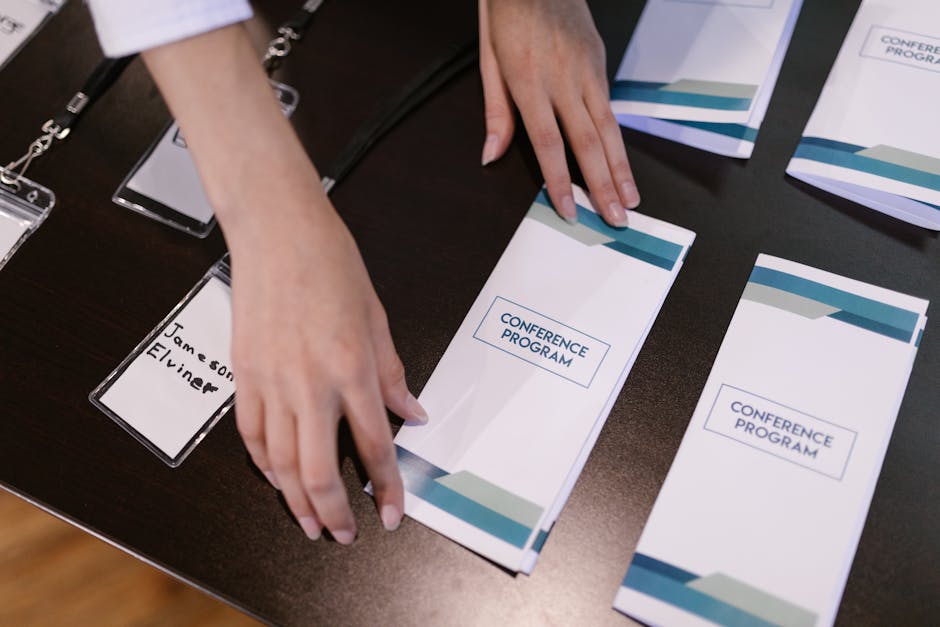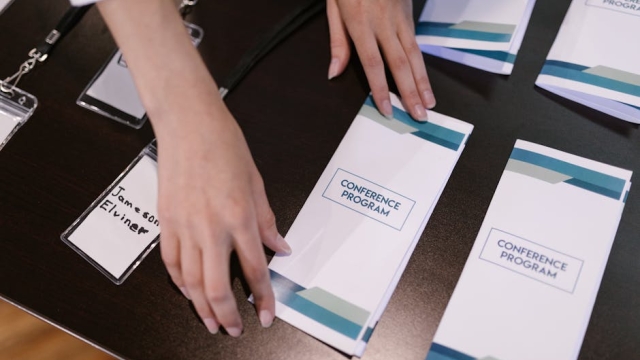
Successful corporate events can significantly enhance a company’s reputation, foster relationships, and create memorable experiences for attendees. Corporate event coordination plays a crucial role in ensuring that these events are not only well-organized but also align with the company’s objectives and brand image. This article will delve into the essential aspects of corporate event coordination, including the responsibilities of a corporate event coordinator, the key steps involved in planning a successful event, and best practices for managing logistics and vendor relationships.
The Role of a Corporate Event Coordinator
A corporate event coordinator is responsible for bringing the vision of an event to life. This role encompasses a wide range of tasks, requiring a unique blend of creativity, organization, and interpersonal skills. Key responsibilities include:
- Understanding Objectives: The coordinator must grasp the goals of the event, whether it’s a product launch, a networking function, or a team-building retreat. Understanding these objectives helps in making informed decisions throughout the planning process.
- Budget Management: Developing and adhering to a budget is crucial. The coordinator must allocate resources wisely, ensuring that every aspect of the event is financially viable.
- Vendor Relations: Coordinators often engage with various vendors, including caterers, venues, and entertainment providers. Building and maintaining strong relationships with these vendors is essential for securing the best services and negotiating favorable terms.
- Logistics Coordination: From transportation and accommodations to seating arrangements and audio-visual equipment, effective coordination of logistics ensures that all elements come together smoothly on the day of the event.
- Communication: The coordinator serves as the primary point of contact for all parties involved, ensuring everyone is informed and aligned leading up to the event.
Key Steps in Planning a Successful Corporate Event
planning corporate events involves several critical steps that can help ensure success:
1. Set Clear Objectives
Before diving into the details, it is essential to define the purpose of the event. Are you aiming to boost employee morale, showcase a product, or network with clients? Clear objectives guide every decision, from the theme to the venue.
2. Develop a Budget
Establish a comprehensive budget that outlines all expected expenses, including venue rental, catering, marketing, and entertainment. This budget acts as a roadmap, helping to prioritize spending and avoid unexpected costs.
3. Choose the Right Venue
The venue sets the tone for the event. Consider factors such as location, capacity, and amenities. The chosen venue should align with your objectives and accommodate the needs of your guests. Visit potential venues to assess their suitability firsthand.
4. Create a Timeline
Develop a detailed timeline that outlines when each task should be accomplished. This timeline helps keep the planning process on track, ensuring that nothing is overlooked as the event date approaches.
5. Promote the Event
Effective promotion is vital to ensure a good turnout. Utilize various channels such as email campaigns, social media, and internal communications to spread the word and generate excitement.
Best Practices for Managing Logistics and Vendor Relationships
Once the planning phase is underway, attention turns to logistics and vendor management. Here are some best practices to consider:
- Communicate Clearly: Maintain open lines of communication with all vendors and stakeholders. Regular updates help prevent misunderstandings and ensure everyone is on the same page.
- Conduct Site Visits: Prior to the event, conduct site visits with key vendors to review setup and logistics. This step helps identify potential issues and ensures all parties understand their responsibilities.
- Have Backup Plans: No matter how well you plan, unexpected issues may arise. Develop contingency plans for key areas such as weather-related issues, technical difficulties, or last-minute changes in attendance.
- Gather Feedback: After the event, gather feedback from attendees, vendors, and team members. This feedback can provide valuable insights for future corporate event coordination efforts.
By focusing on these aspects of corporate event coordination, organizations can create impactful experiences that resonate with attendees and achieve their intended objectives. Effective planning, strong vendor relationships, and thorough logistics management are fundamental to the success of any corporate gathering. For additional insights on enhancing corporate travel alongside event planning, explore options that can streamline your processes.
